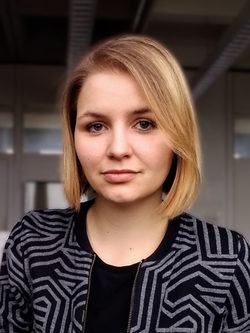People
Faculty
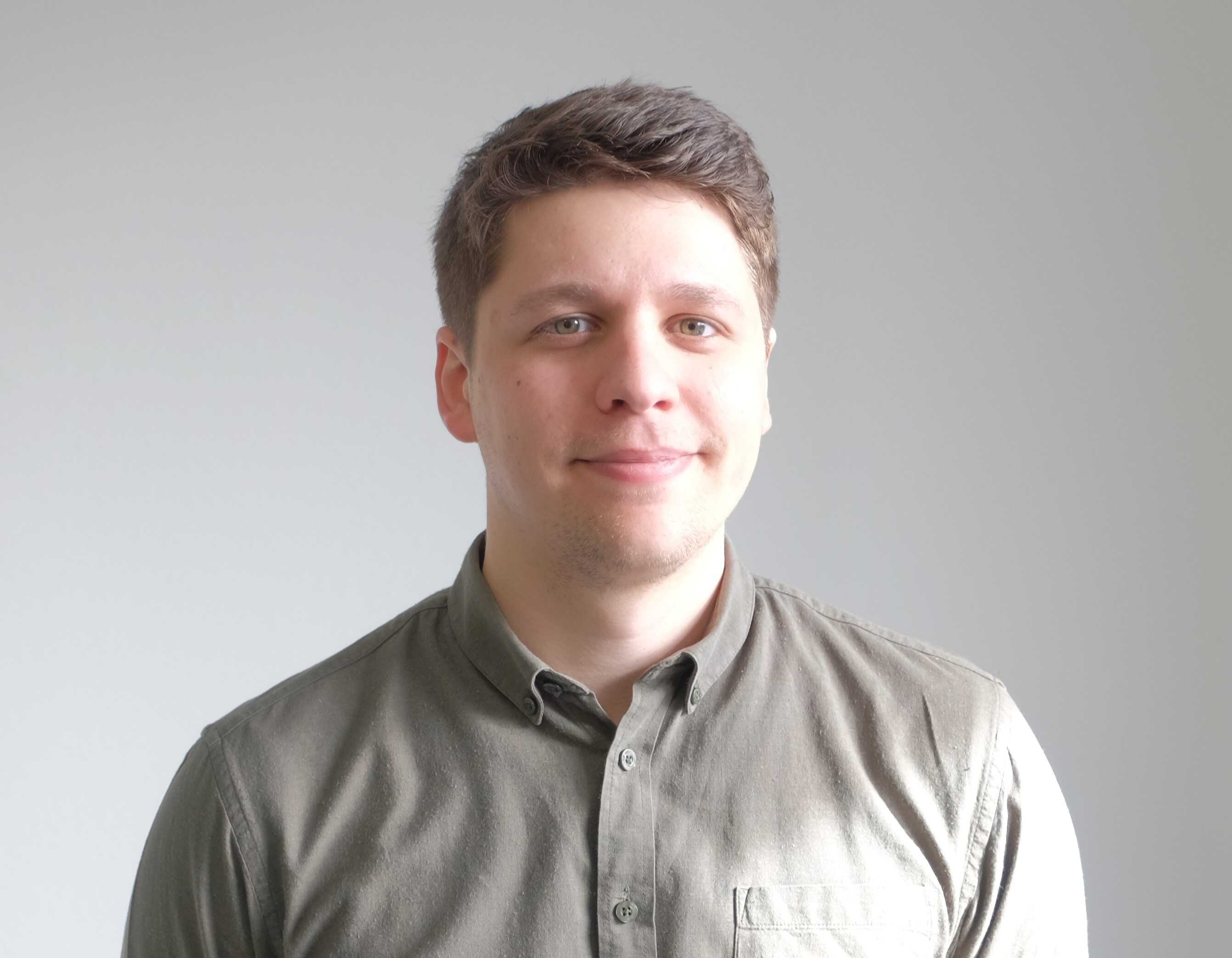
Julian Hohner
Julian Hohner is a PhD candidate in Political Science at Bamberg University. He also works in the Management of the Bamberg Graduate School of Social Sciences and is particular interested in machine learning, quantitative text analysis, inferential statistics as well as populist, party and governmental behaviour studies. Moreover, Julian is participating as Teaching Assistant of the ECPR Winter/Summer Schools on a regular basis.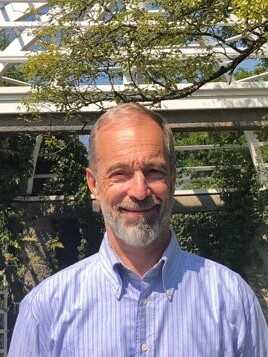
Thomas Saalfeld
Thomas Saalfeld is Professor of Political Science at the University of Bamberg and Director of the Bamberg Graduate School of Social Sciences. Prior to joining Bamberg in 2009, he held research and teaching positions at the Universities of the German Federal Armed Forces Munich, Hull, Dresden, Kent and Bamberg. He was Member of the Council of the German Political Science Association from 2015 to 2016 and joined the Executive Committee of the European Consortium for Political Research (ECPR) in 2018. Since 2015 he has been the local organizer of the ECPR Winter School in Methods and Techniques. He has a particular interest in text-as-data applied to legislative studies.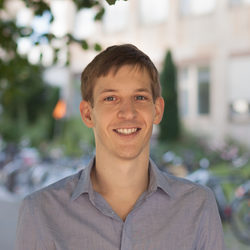
Carsten Schwemmer
Carsten Schwemmer is currently finishing a PhD in Sociology at Bamberg University, Germany. His research focuses on computational methods for the study of ethnic minorities and social media communication. Carsten is particularly interested in natural language processing, data mining and software development. He gave courses on computational social science at University of Bamberg, University of Constance and Humboldt University of Berlin.Speakers

Andreas Jungherr
Andreas Jungherr is a Juniorprofessor (Assistant Professor) for Social Science Data Collection and Analysis at the University of Konstanz. He studies the impact of digital media on politics and society. He has worked on the uses of digital media and technology by publics, political actors, and organizations in international comparison. He also addresses challenges for scientific research in reaction to digital change in order to realize opportunities emerging from new data sources and analytical approaches. In this, he has focused on harnessing the potential of digital methods and computational social science while addressing methodological challenges in its integration into the social sciences. Depending on the object under study, he also uses traditional quantitative and qualitative empirical approaches. Currently, he is lead investigator of 'Communicative Power in Hybrid Media Systems', a project financed by the Volkswagen Stiftung (2017-2020). The interdisciplinary project, featuring computer and information scientists, focuses on the interconnection between political coverage in legacy, online media, and political talk on online platforms in Germany, UK, USA, and South Korea.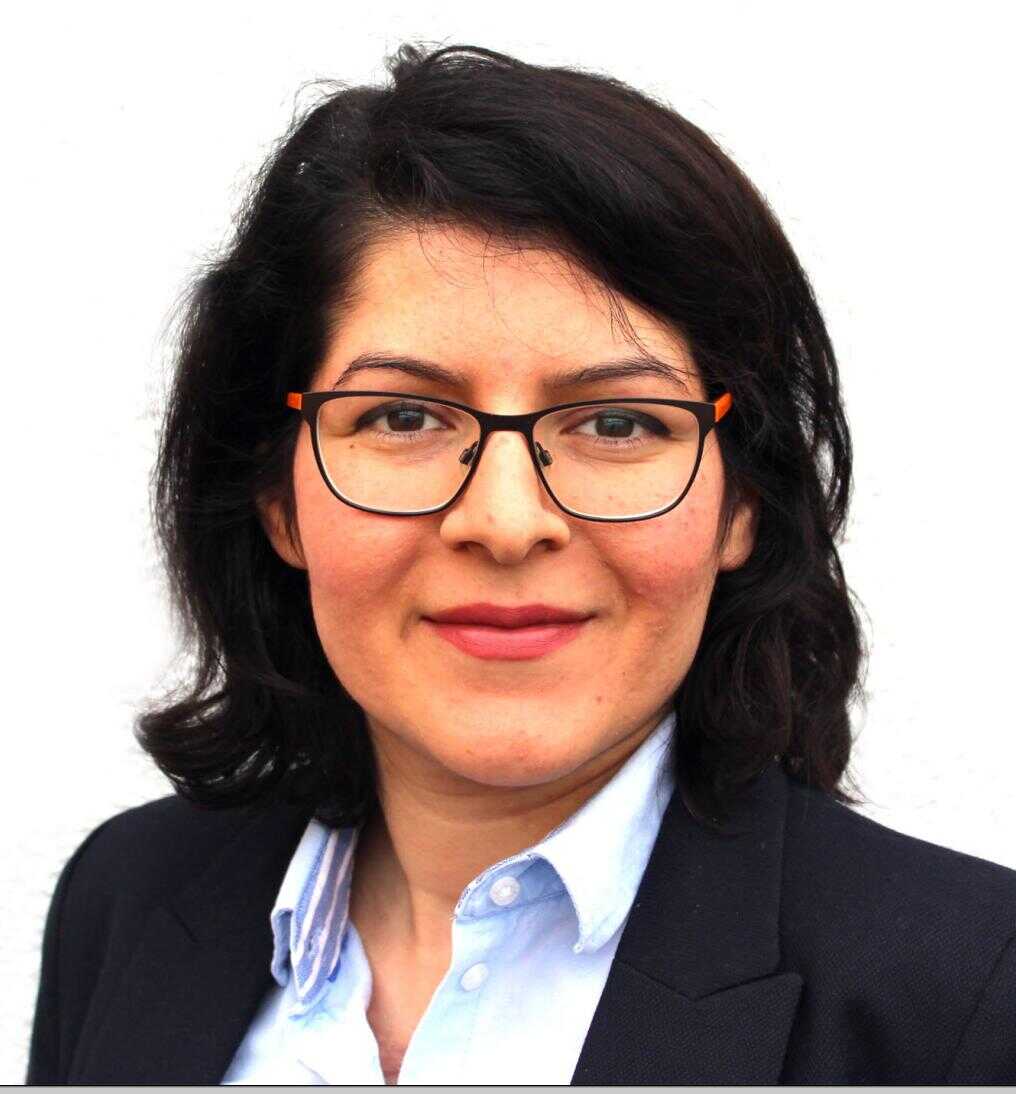
Fariba Karimi
Fariba Karimi is a researcher at the Department of Computational Social Science at GESIS – Leibniz Institute for the Social Sciences. She received her PhD in Physics with specialization in network science. Her current research focuses on computational approaches for addressing societal challenges such as gender inequality, bias in algorithms and sampling hard-to-reach groups and minorities. Her main expertise is analyzing large-scale socio-technical systems using network theory and data analysis.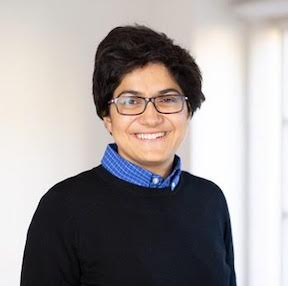
Ridhi Kashyap
Ridhi Kashyap is associate professor of social demography and fellow of Nuffield College at the University of Oxford. She completed her DPhil in Sociology jointly affiliated with the University of Oxford and Max Planck Institute for Demographic Research. Her research spans a number of substantive areas in demography and sociology, including gender, mortality and health, the diversification of family forms, and ethnicity and migration. Her work has sought to adopt computational innovations both in terms of modelling approaches such as agent-based models and digital trace data from web and social media platforms to study social and demographic processes. She is currently leading a Data2X and UN Foundation supported project that uses big data from the web, in particular large-scale online advertising data that provide information on the aggregate numbers of users of online platforms by demographic characteristics, to measure sustainable development and gender inequality indicators.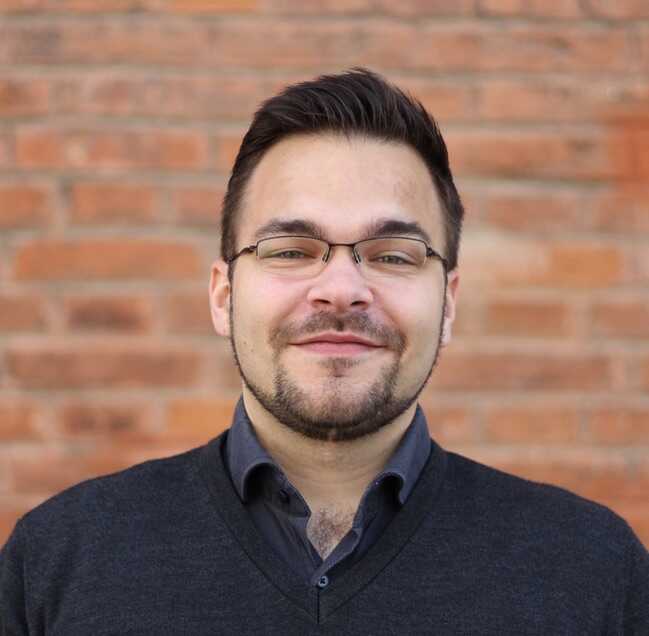
Oliver Posegga
Oliver Posegga is an Assistant Professor at the Department of Information Systems and Social Networks at the University of Bamberg, an affiliate of the Center for Collective Intelligence at the MIT Sloan School of Management, and a principal investigator of the project 'Communicative Power in Hybrid Media Systems', funded by the Volkswagen Foundation. His research focuses on understanding the collective dynamics of digitally enabled networks, such as collective behavior and intelligence in organizational and societal settings, and touches a variety of topics, such as the dynamics of social networks, crisis management, crowdsourcing, data- and information quality, and discursive power in contemporary media systems.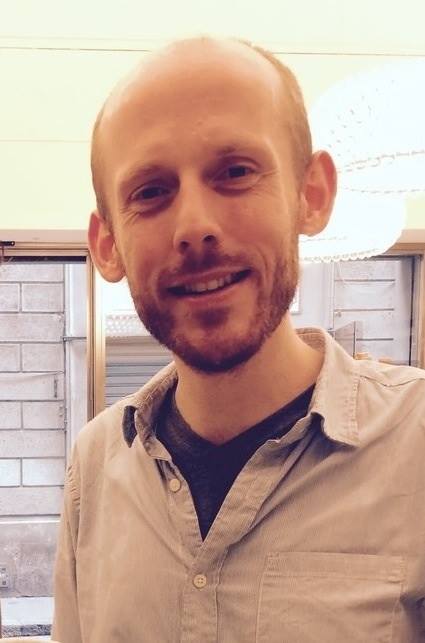
Martijn Schoonvelde
Martijn Schoonvelde is an Assistant Professor in Political Science at University College Dublin. Prior to that, he was a Postdoctoral Fellow at the Vrije Universiteit Amsterdam and the University of Exeter and a Max Weber Fellow at the European University Institute in Florence. In his work, he analyzes the rhetoric of politicians. Is this rhetoric driven by strategy, ideology or aspects of their personality? Do they shift blame to others when topics are sensitive with the public? And when do they use emotional appeals? More broadly, his interests include political communication, EU politics, computational social science, and text as data.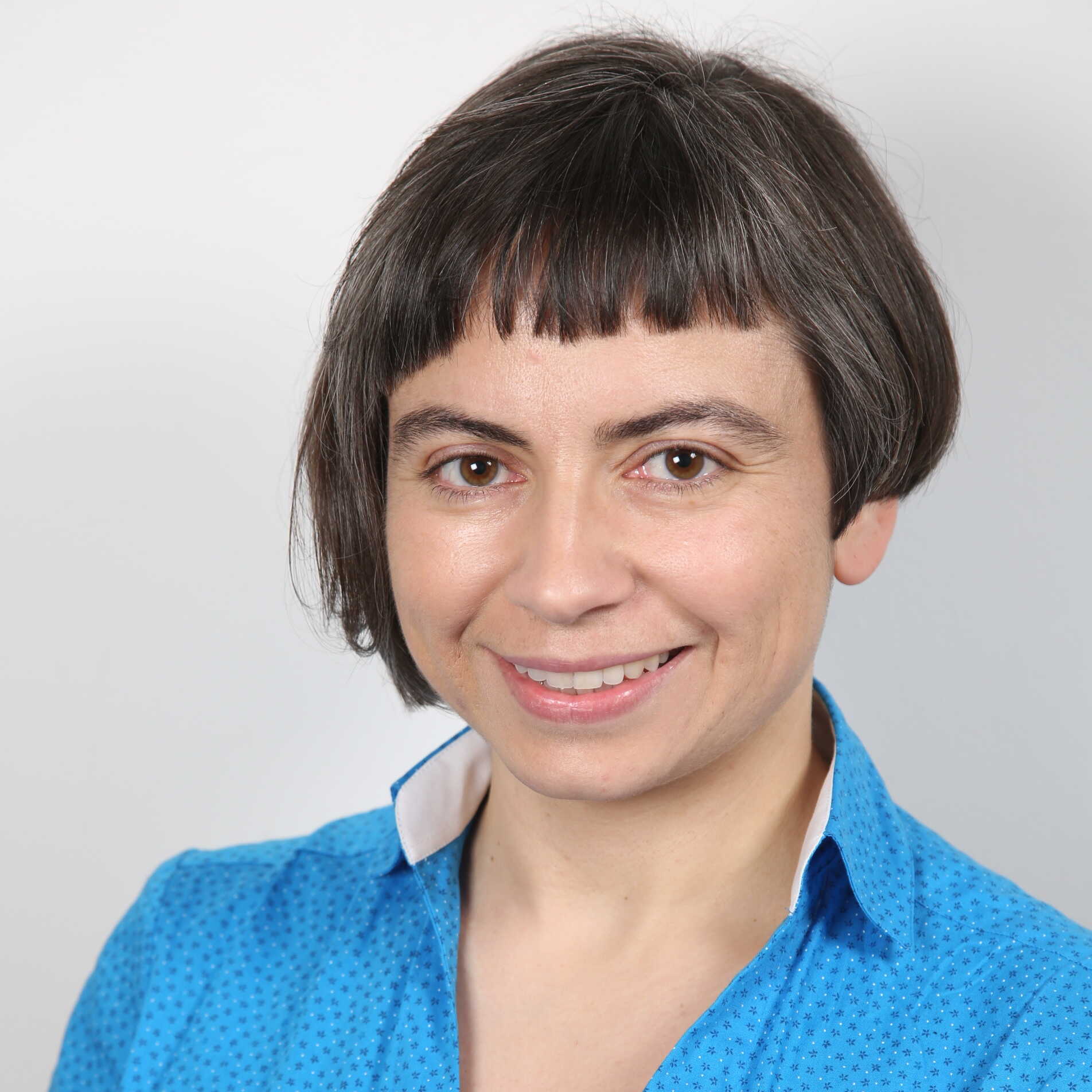
Milena Tsvetkova
Milena Tsvetkova is Assistant Professor at the Department of Methodology at the London School of Economics and Political Science. Prior to that, she was Postdoctoral Researcher in Computational Social Science at the Oxford Internet Institute at the University of Oxford. She holds a PhD in Sociology from Cornell University, where she worked with Michael Macy. Her interests reside in the field of computational social science. In her research, she uses large-scale web-based social interaction experiments, network analysis of online data, and agent-based modeling to investigate fundamental social phenomena such as cooperation, social contagion, segregation, and inequality.Teaching Assistants

Jonas Reissmann
Jonas Reissmann is a Master’s student in Survey Statistics at the University of Bamberg and holds a BA in Political Science from the same institution. He is particularly interested in R programming, quantitative modelling and the field of interest group research. Jonas has gained experience as a teaching assistant for statistics and R on various occasions both at the university and at the ECPR Winter School in Methods and Techniques.Participants
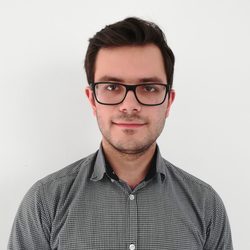
Alexander Brand
I am a master student in the field of sociology at the University of Bamberg. My research focuses on applying computational methods for the studies of dynamic systems. I’m particularly interested in agent- based modeling, social network analysis and non-linear effects. I presented part of my research at the Historical network research conference last year and at the Studentischer Soziologiekongress 2017 in Chemnitz.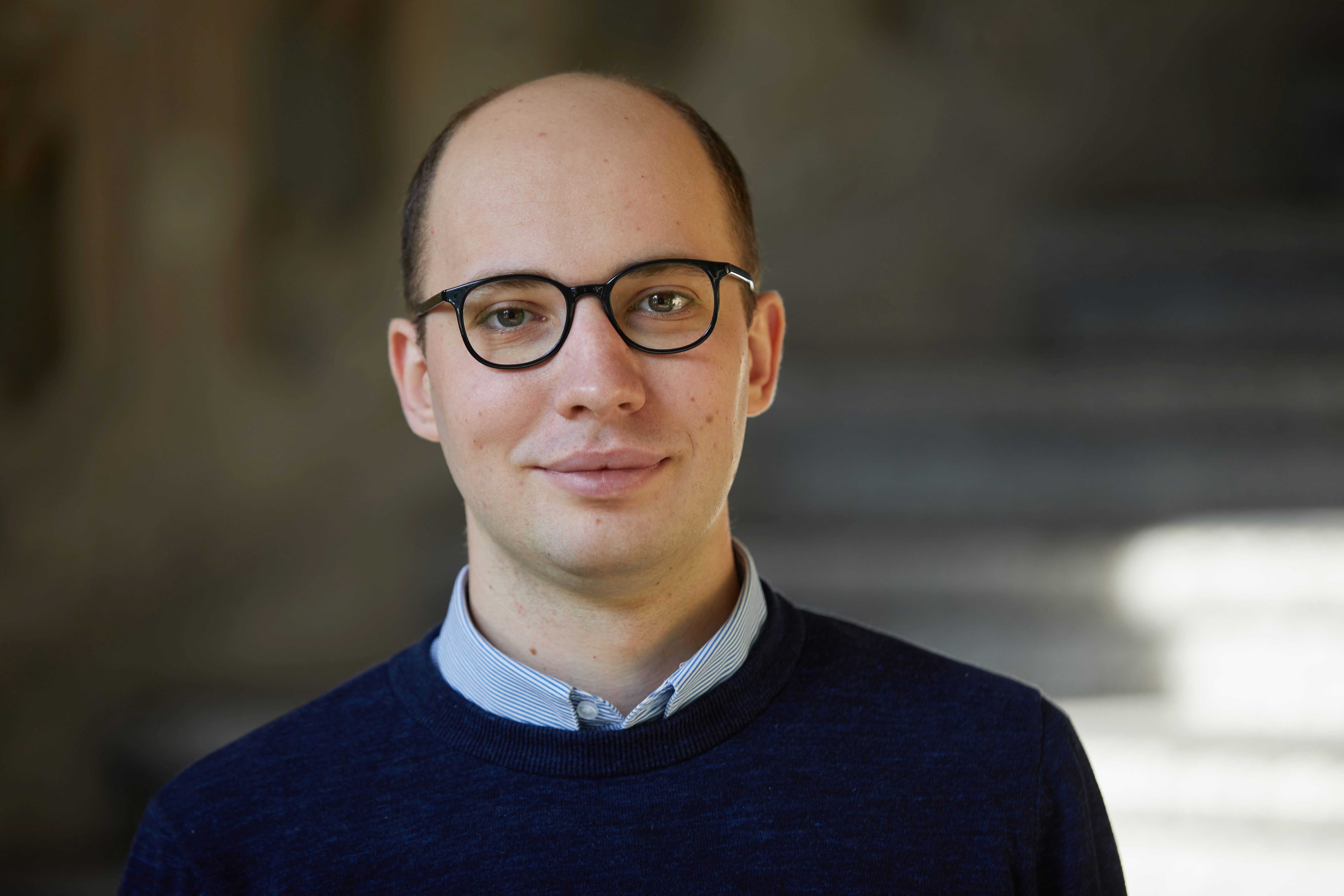
Endre Borbáth
Endre Borbáth is a postdoctoral researcher at the Chair for Political Sociology at the Freie Universität Berlin, and at the Center for Civil Society Research at the WZB Berlin Social Science Center. His research concerns party competition and protest politics in a comparative, European perspective. He tweets @eborbath.
Meng Chen
Meng Chen is an Assistant Professor in Communication at Webster University, Vienna. She is interested in utilizing computational analysis to explore the interactions among linguistic features of cancer patients’ online posts, their personal network structures, and social capital flow on social support platforms. Before coming to Vienna, she completed a PhD in Communication at University of California, Davis.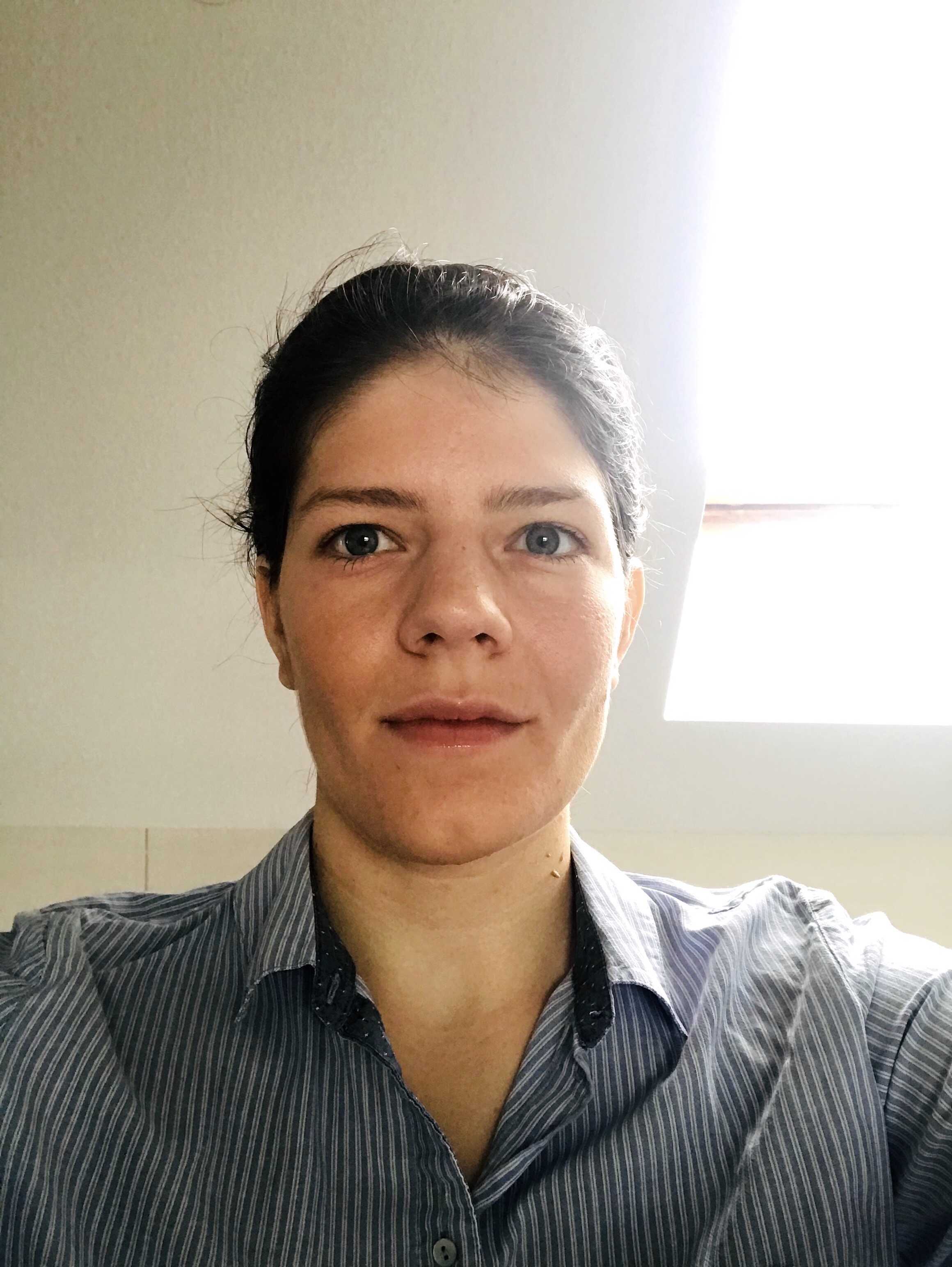
Lea Cohausz
I am currently pursuing a MSc in Data Science and a MA in Sociology from the University of Mannheim. I am interested in combining methodologies from the fields of computer science and social science in particular regarding Big Data, network analysis, and agent based modeling. My main focus lies on getting a better understanding of the micro-macro-link of various social science problems.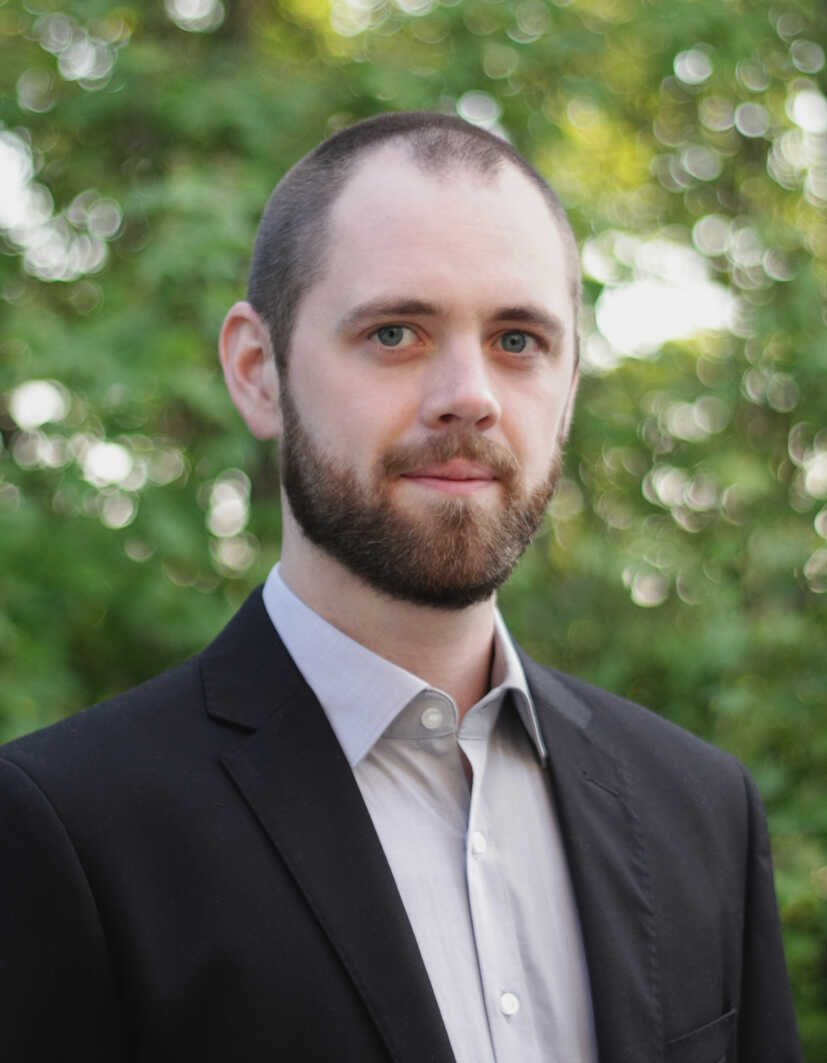
Jannis Denecke
Jannis Denecke is currently pursuing a master’s degree in psychology, as well as in social and economic data science at the University of Konstanz. He holds a B.Sc. in Psychology. His interests lie within the field of cognitive psychology and research methods. Especially modelling aspects and memory, with a focus on neurodegenerative processes are of special interest to him. His current research project focuses on interference with and protection of memoranda in short term memory.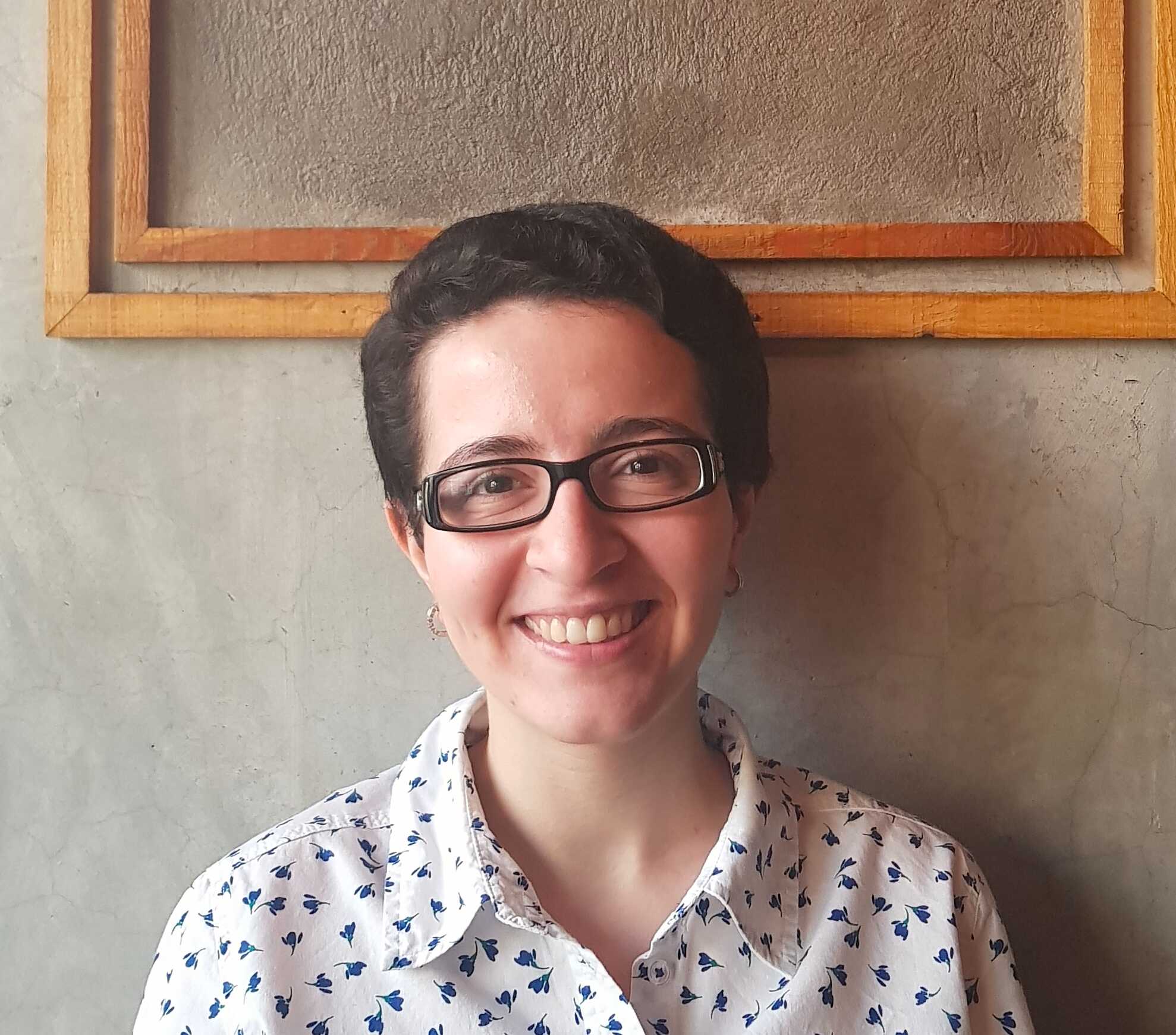
Nourhan Elsayed
Nourhan Elsayed is a MA student at the University of Mannheim’s Political Science department. Her research interests include authoritarian regimes, migration and refugees, the politics of the far right and the role of emotions in politics. She is equally interested in how research can drive political and social change. Nourhan received her BS in international politics from Georgetown University.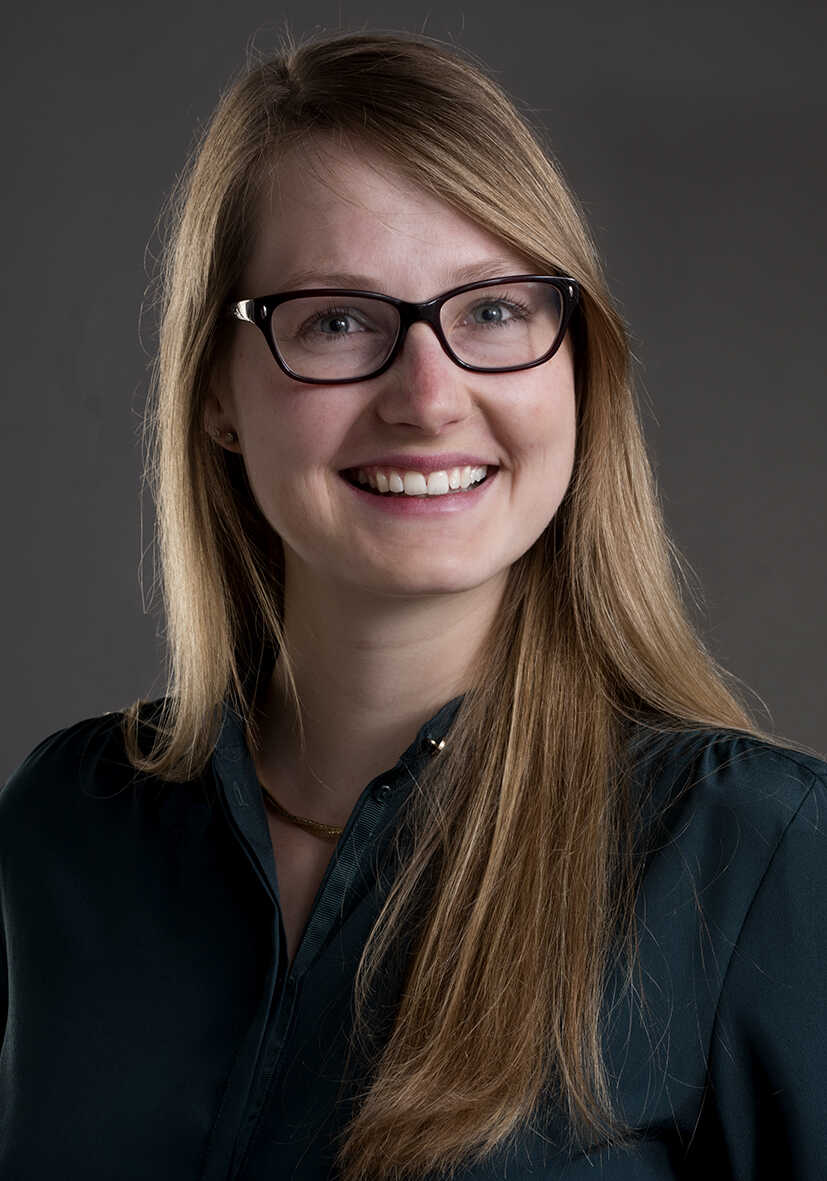
Susanne Freund
Susanne Freund just finished her PhD in social and organizational psychology at the Catholic University Eichstätt-Ingolstadt (KU). Her main research interests concern prosocial behavior, social justice, communication and conflicts, organizational development, innovative communities, evaluation methods as well as impact research. She has worked in and managed serveral research projects concerning these topics. Additionally, she lectures in social psychology and research methods at the KU.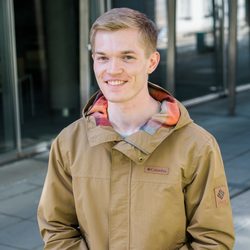
Johannes Geiger
Johannes is a master's student at the University of Essex and the University of Bamberg, where he is pursuing a degree in conflict resolution and political science. His main interest lies in cybersecurity and how governments respond to the emerging threat of high-level cyber attacks. In his master's thesis, he is exploring potential macro-level determinants of interstate cyber disputes and their connection with the onset of more traditional types of warfare.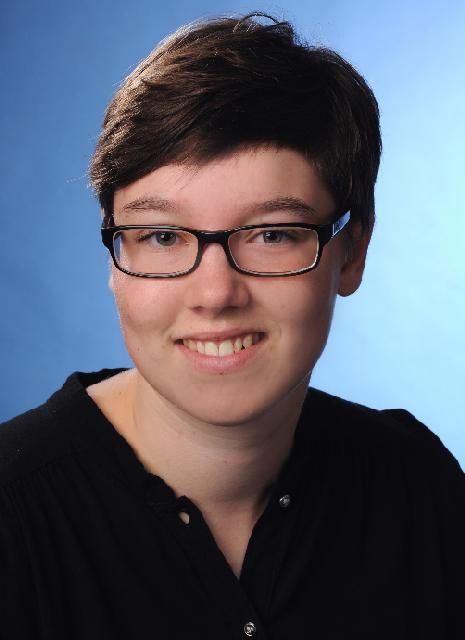
Leonie Geyer
Leonie Geyer currently is an MA student of Political Science at the Otto-Friedrich-University of Bamberg (2017-2019). Before that, she did her undergraduate studies in Political Science and Historical Studies at the Johannes-Gutenberg University in Mainz (2014-2017). Her core academic interests lie in analytical political philosophy and ethics, game theory and computational analysis.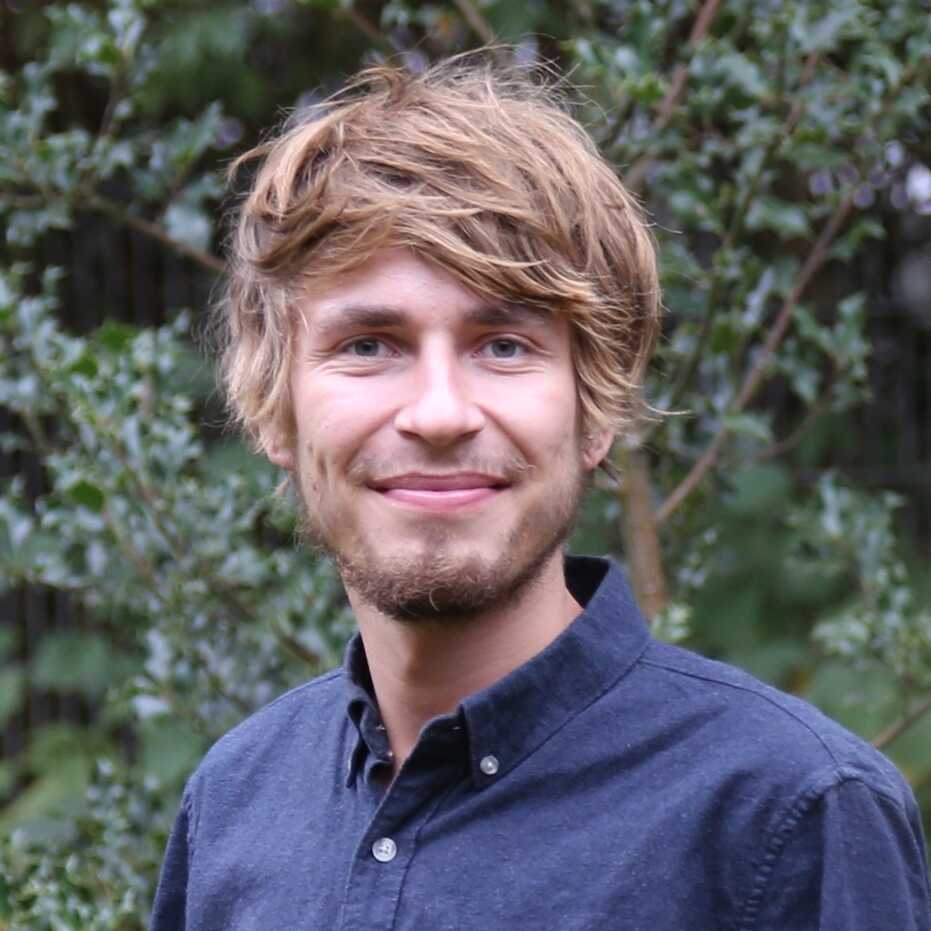
Florian Gilberg
Florian Gilberg is completing his MA in Political Management, Public Policy and Public Administration at the NRW School of Governance in Duisburg, Germany. As a research assistant for Prof. Dr. Andreas Blätte, he works in the field of corpus linguistics and text mining. He is broadly interested in data and network visualization, as well as political communication and healthcare management.
Andrea Hasenkopf
Andrea is a research assistant and a PhD candidate in International Relations at the University of Bamberg, Germany. Her primary research interest concerns the evolution of institutional complexes and their consequences on international governance. She has a keen interest in exploring how big data and computational social science can be used to advance the study of international politics in general and of inter-organizational networks in particular. She is also broadly interested in political sociology, social media, and computational analysis.
Sophie Horneber
Sophie is completing her master's degree at the University of Mannheim. Her primary research interests concern survey design and methodology with a special focus on survey experiments and response biases. She is also broadly interested in political sociology, development research, experimental designs and causal analysis. Sophie holds a bachelor's degree in Sociology with a minor in methods of empirical social research from the University of Bamberg. She has been working as research assistant at the Leibniz Institute for Educational Trajectories and Kantar Public and was supervisor of the fieldwork in Uganda for the German Institute for Economic Research. At the moment, she is working as research assistant in the department of Cross-Cultural Surveys at GESIS Mannheim.Manuel Kleinert
Manuel Kleinert is a PhD candidate at the department of Sociology at Giessen University. His research focuses on integrating theories and applying diverse methods of CSS in multilevel and longitudinal contexts in order to generate new insights on causes and effects of group-based values and attitudes. Manuel holds a Bachelor and Master Degree in Political Science from the University of Bamberg.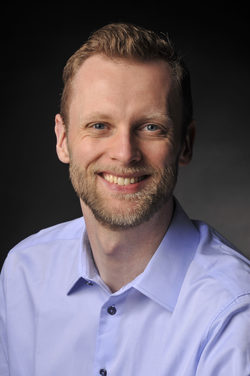
Marc Luettecke
Marc Luettecke is a Master's student in Social and Economic Data Science at the University of Konstanz. He holds a Bachelor's degree in Finance from Loyola University New Orleans and a Master's degree in Finance from the University of Texas (Austin). His preferred research interest lays with individual and group decision behavior, for which he currently learns techniques from the realm of Deep Learning and financial risk behavior for current class and research projects. His past endevaors include positions as a financial consultant and social involvement for housing projects in the Austin area.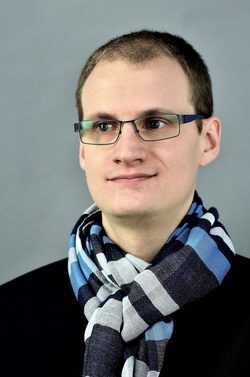
Daniel Mayerhoffer
Daniel Mayerhoffer is a PhD candidate at the chair for Political Theory, University of Bamberg and an M.A. student in Ethics of Textual Cultures at FAU Erlangen-Nuremberg. He received his B.A. in Philosophy & Economics from University of Bayreuth, an M.A. in Political Science from University of Bamberg and an M.Sc. in Social Research Methods from University of Surrey. Daniel develops agent based computational simulation models to understand and explain social, political and economic phenomena.
Muhammad Quasim Pasta
Qasim Pasta is Assistant Professor at Usman Institute of Technology. He recently received his Ph.D. (Network Science) from PAF-KIET, Pakistan. His recent work contributes to the development of network models enabling the embedding of ground-truth community structures. He is also leading an interdisciplinary research project SPLOP (Socio-Political Landscape of Pakistan) to analyze the usage of social media in the context of general and political conversation by people of different regions of Pakistan.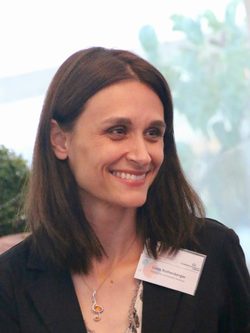
Liane Rothenberger
Liane Rothenberger is a senior researcher and lecturer at the Institute of Media and Communication Science at Technische Universität Ilmenau, Germany. Her research focuses on journalism and communication in an intercultural perspective, norms and values in communication studies and in the social sciences, and crisis communication.
Lucas Sage
Lucas Sage is a Ph.D. student in sociology at Sorbonne University and at the University of Trento. In his dissertation, he analyzes the causes of wage inequality between observably similar workers (within group wage inequality). He is also interested in the interplays between residential and school segregation dynamics. His research relies on econometric methods and agent based models. He was previously a student of the Ecole Normale Supérieure of Paris-Saclay and he holds a M.Phil in Sociology (Sorbonne University), and a MSc. in Applied Economics (Panthéon-Sorbonne University).
Christopher Schmidt
Currently: MSc Computing in the Humanities. Before: BA Sociology & Psychology. Python, R, NLP, Knowledge Graphs, Understanding & Visualizing Data.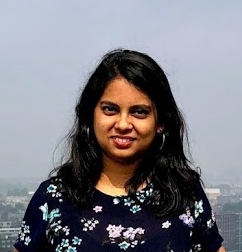
Indira Sen
Indira is a first year doctoral researcher in GESIS, Leibniz Institute for Social Sciences, Cologne. Her interest lies in understanding biases in inferential studies from digital traces, with a focus on computational linguistics and natural language processing. Before, GESIS, Indira completed her Bachelors and Master's in India and has interned at NTU, Singapore and EPFL, Switzerland.
Stephan Simon
Stephan Simon is a researcher and doctoral candidate at the Chair of Political Sociology at the University of Bamberg. He holds an MA in Social Sciences from the Humboldt University of Berlin. His research focuses on how different types of immigration policies affect immigrant integration outcomes, and citizens’ views toward the political system. He is interested in applying computational social science methods to examine how social media use shapes citizens’ views toward immigration and democracy.
Aleksandra Urman
Aleksandra is a PhD candidate at the Institute of Communication and Media Studies, University of Bern, Switzerland. She focuses on political communication online and actively uses computational methods in her research. Aleksandra is particularly interested in news consumption on social media platforms, the role of social media in authoritarian regimes, algorithmic personalization, and polarization online. She also teaches social media analysis with R.